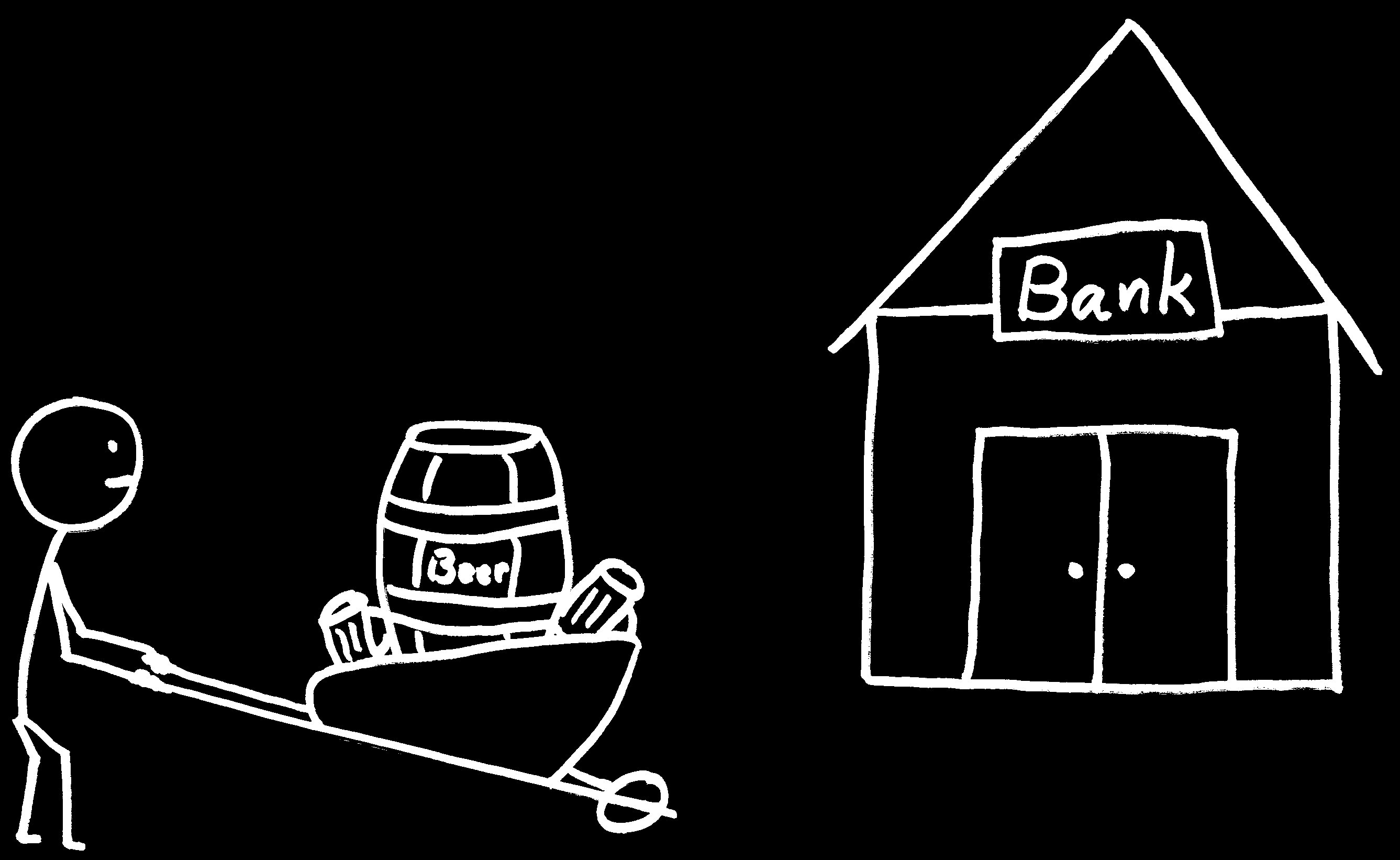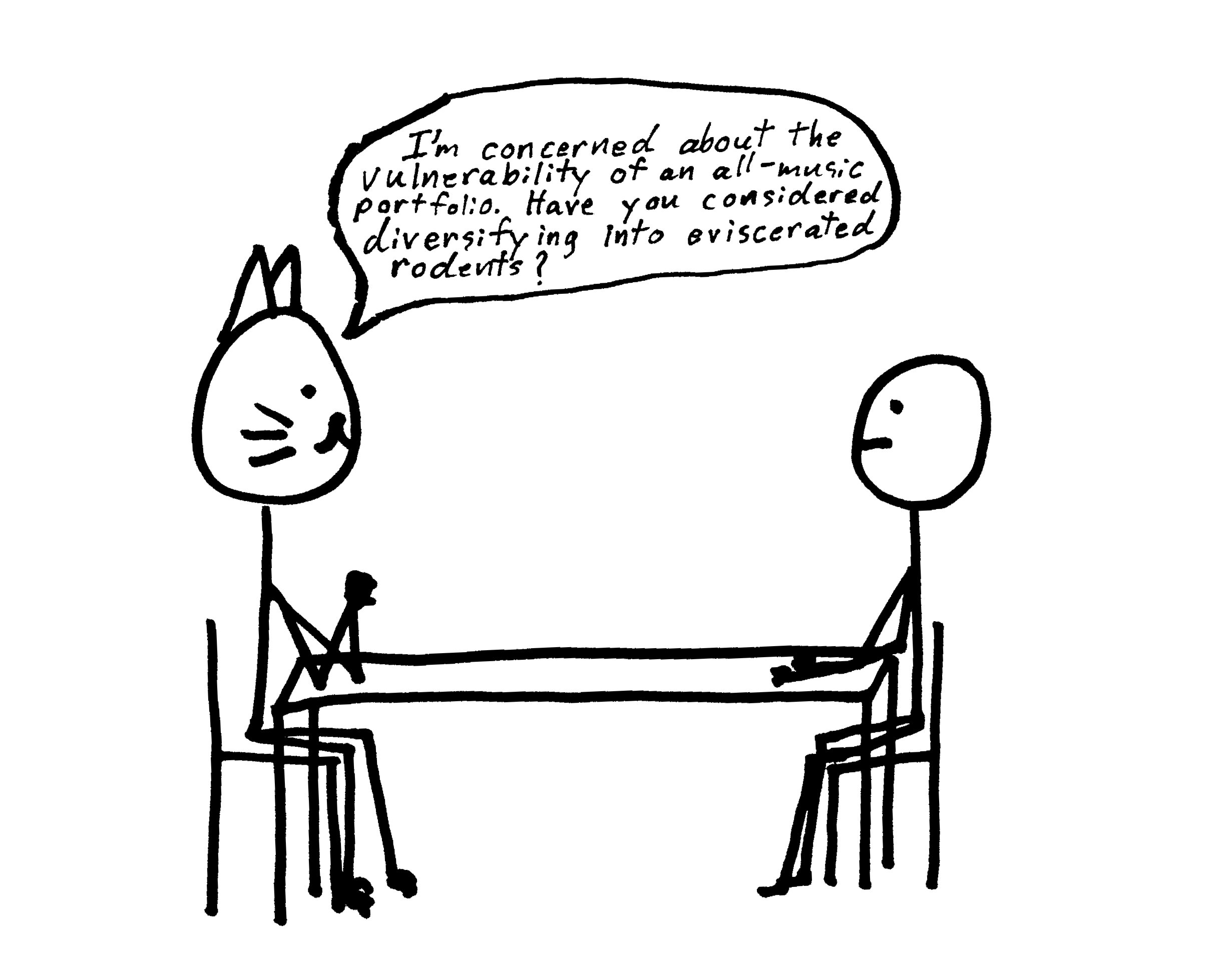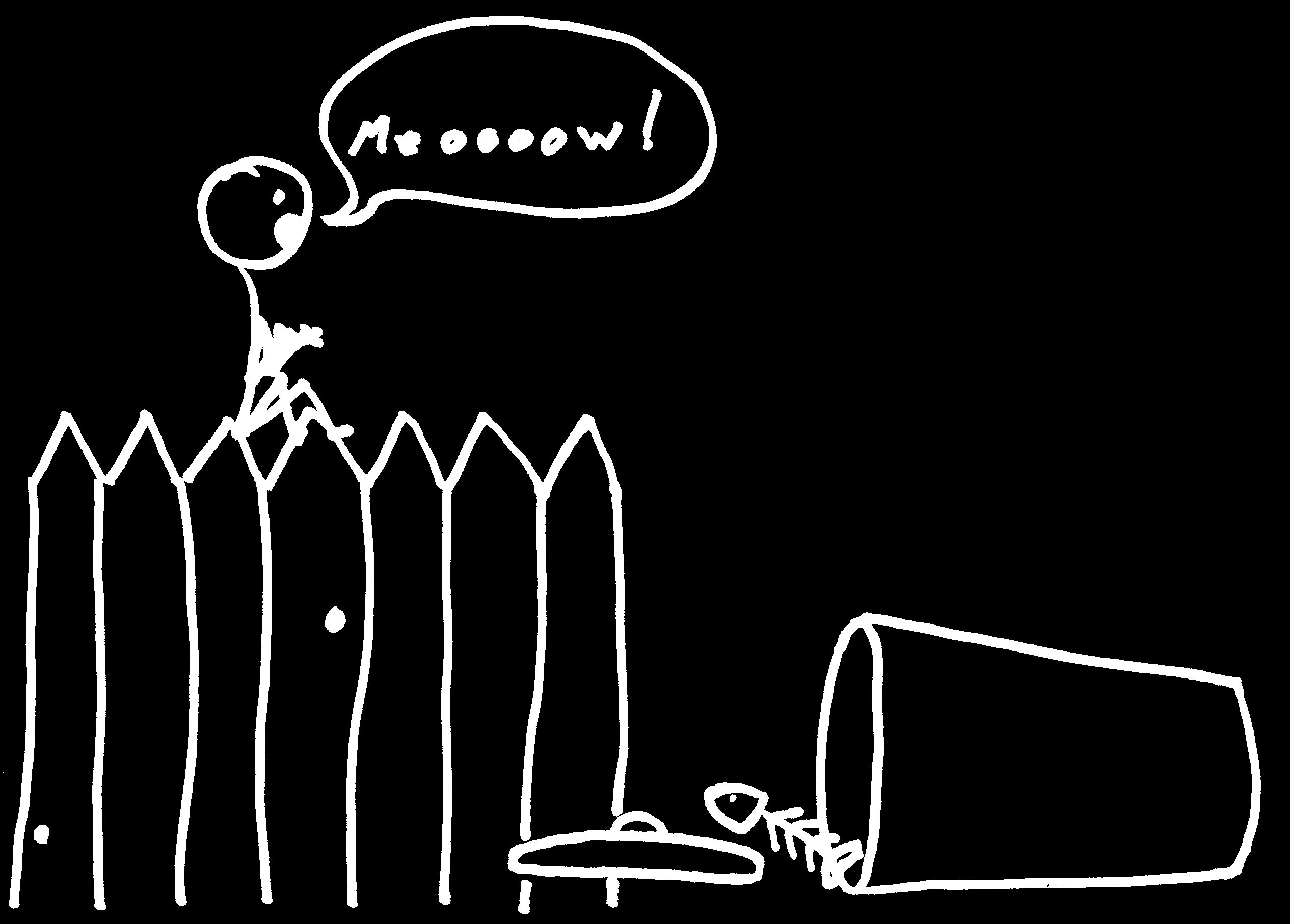Gig: a term commonly applied to a musical engagement of one night’s duration only; to undertake such an engagement (Grove Dictionary of Music and Musicians)
Gigging: to have a job performing music. (Webster’s New World Dictionary of American English)
Like so many of us over-educated musicians, and in fact most musicians in general, I am willing to take just about any gig that offers anything remotely resembling payment. I am at a major disadvantage here in that I don’t like beer. The reason this is such a problem is that beer serves as a type of ersatz currency in the gigging world- a sort of alcoholic Bitcoin with a limited shelf life. Restaurants and especially bars these days often prefer to hire musicians they can pay in beer, and even those few offering some actual money tend to include drinks as a sort of bonus, which is nice of them but does me no good. Even if I did like beer, most landlords will not accept it as rent, and it is very difficult to apply it toward student loan payments. Nevertheless, at many of the gigs I ask about, people are surprised when I want my payment in a non-drinkable form.
A number of people have told me how unnatural not liking beer is. To hear them tell it, something unprecedented must have happened to my DNA to produce the world’s first non-beer-drinking musician. Once, while I was at a music store, I overheard the guy at the desk get a call from someone who wanted to know what the best microbrewery in town was. The guy at the desk asked the caller why she was calling a music store to ask about beer. The caller said that she figured local musicians would know a lot about the local beer (and, in fact, the guy at the desk did). Often, people ask me to try some beer yet again, just to confirm that I truly, impossibly, don’t like it.
Also, of course, there is the issue of beer consumption by the audience. This has both benefits and disadvantages for the musician. Audiences drinking beer are less likely to notice mistakes, will likely think the music is better than it is, and in many cases will think that the musician is much more attractive than he or she actually is. This last, however, can also often be a disadvantage. Also, beer-drinking audiences are more likely to sing along, with worse results, than sober audiences. When one is a harpist, another disadvantage to beer-drinking audiences (at least beer drinking audiences of a certain age) is incessant requests for “Stairway to Heaven” by Led Zeppelin. I actually quite like the tune, but there is no way to do some parts of the song properly without a drum set.
In fact, gigging with a harp presents several unique difficulties, which you can hear about next week in “Gigging Part II: Harps.”


